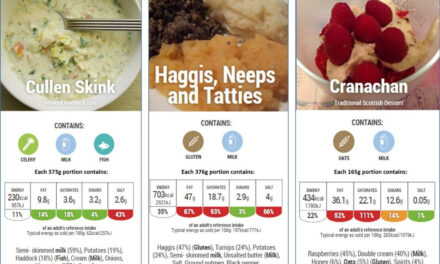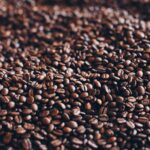
Did you manage to stick with a vegan diet this January?
FDNC spent some time looking at our UK food composition data in light of recent debates that appeared in the press and on social media during Veganuary. For instance, is it possible to reach the daily requirements of some vitamins and minerals through fruit and vegetables alone?
The vegan diet is followed by 1.2% of the UK population, with many more people following a vegetarian or flexitarian diet (eating mostly vegetarian but still having the occasional meat dish). A well-planned vegan diet can contain the nutrients that our bodies need, with both the British Dietetic Association and the American Academy of Nutrition and Dietetics recognising that the diet can be suitable for every age and stage of life. However, there are some nutrients that are harder to get enough of without meat and dairy in our diets, so we had a look at the data for two such micronutrients.
First, we looked at vitamin B12, an important vitamin for the normal functioning of the nervous system. Adults need 1.5 micrograms of B12 a day. Most omnivorous people will get enough vitamin B12 from animal products (meat, milk, eggs, and fish), however, the vitamin is naturally absent in a plant based diet. This led us to look at the data in our UK food composition tables to see how much vitamin B12 is in a standard portion of a selection of foods and, what contribution this would make to meeting the recommended daily intake (Reference Nutrient Intake, RNI).

Now to Calcium, adults have a recommended daily intake (RNI) of 700mg calcium per day, looking at our data we can see there is 120mg in an average sized glass of milk, giving you 34% of your recommended daily amount. Nut and soy milks have much less natural calcium, typically a similar glass of fresh coconut milk will give you just 8% of your RNI and 4% from unfortified soy milk. However, many manufacturers produce non-dairy alternatives fortified with tri-Calcium Phosphate (TCP), which brings calcium content up to that in the dairy options. Health professionals are increasingly aware of the importance of mineral bioavailability in the foods we eat, we found a publication indicating that TCP accounted for 75% of the calcium bioavailablity in cow’s milk.

We can therefore reach a conclusion from our data: for vegans, supplements or fortified foods are the most reliable sources of B12 and calcium in their diet.
References:
If you would like to search our current data, we have a very user-friendly website you can use: https://quadram.ac.uk/UKfoodcomposition/
There are lots of facts and help on going Vegan at https://www.vegansociety.com/go-vegan/health
Bioavailability of the calcium in fortified soy imitation milk, with some observations on method, Heaney et al The American Journal of Clinical Nutrition, Volume 71, Issue 5, May 2000, Pages 1166-1169, https://doi.org/10.1093/ajcn/71.5.1166
Calcium Fortification Systems Differ in Bioavailability, Heaney et al, Journal of the American Dietetic Association 105. 2005, Pages 807-809 https://doi.org/10.1016/j.jada.2005.02.012









